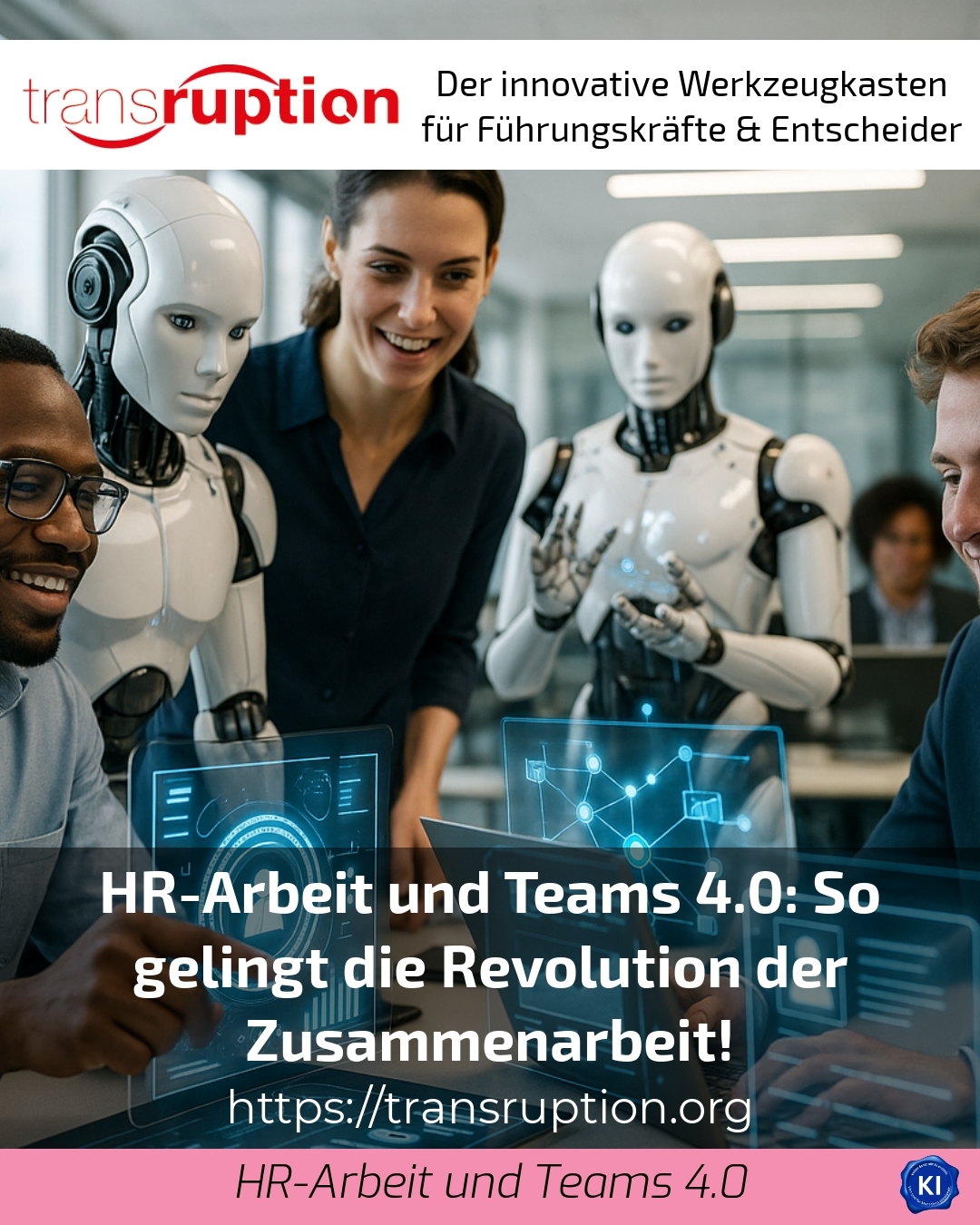The transformation of HR work differs fundamentally from previous, action-oriented forms and places the strategic integration of the HR function at the centre of attention
The traditional tasks of payroll, time recording and administrative tasks are increasingly taking a back seat, while the focus on talent acquisition, employee retention and creating a favourable working environment is gaining in importance. Modern HR teams are increasingly utilising innovative technologies that allow routine tasks to be automated, freeing up capacity for more strategic HR development. The key drivers here are the requirements of the younger generations in particular, who take digital working environments and flexible working models for granted.
In the automotive industry, for example, companies rely on digital platforms to find specialists with new skills and deploy them in changing project teams in an agile manner. The manufacturing industry is implementing cloud-based systems that enable managers and HR to coordinate employees virtually across different locations and provide performance feedback in real time. In the service sector, on the other hand, digital self-service portals for employee administration are leading to a noticeable reduction in the workload of HR departments while at the same time encouraging employees to take responsibility for their own work.
KIROI BEST PRACTICE at company XYZ (name changed due to NDA contract) A medium-sized mechanical engineering company used a combination of AI-supported applicant selection and collaborative HR tools to identify internal talent more quickly and offer targeted development programmes. The resulting transparency promoted a dedicated feedback culture and had a positive impact on employee motivation and the ability to innovate within the team.
Collaboration technologies as the foundation of modern teamwork
The physical decoupling of employees requires reliable digital platforms that integrate communication, information exchange and joint project management. Tools such as comprehensive chat solutions, video and audio conferencing and synchronised file sharing are now indispensable for ensuring efficient work processes despite dispersed teams.
In the IT sector, agile development teams use such platforms to optimise their workflow by digitally mapping short sprint cycles and making collaboration transparent. In the financial sector, electronic collaboration systems enable rapid coordination with external partners and also fulfil the highest security standards. The healthcare sector benefits from multidisciplinary networking between clinics, research teams and administration, resulting in improvements in patient care and internal resource planning.
KIROI BEST PRACTICE at company XYZ (name changed due to NDA contract) A large logistics company implemented a scalable communication platform with integrated task management tools that links all departments together. This led to a significant reduction in the volume of emails, faster decision-making processes and an improved overview of project progress - even for teams that work internationally.
New roles and competencies for HR in a digitalised environment
Digitalisation is not only changing the tools, but also the role profiles within HR work. HR staff are increasingly becoming designers of change processes, moderating cultural change and acting as data analysts in the service of strategic decision-making. The ability to implement complex digital solutions and support change in an agile manner is becoming increasingly important.
For example, an energy company is developing special training programmes that teach managers digital skills and at the same time enable them to lead their teams through the transformation. In the media industry, HR professionals are increasingly taking on change management tasks in order to facilitate the adaptation to new ways of working. At the same time, there is a growing need in the consulting sector for analytics experts who evaluate personnel data in order to optimise individual development paths and workforce planning.
KIROI BEST PRACTICE at company XYZ (name changed due to NDA contract) An international software company introduced a data-supported HR controlling system with which individual employee potential can be recognised and promoted in a targeted manner. The system analyses both performance data and development expectations and thus supports dynamic personnel planning and needs-based talent development.
My analysis
Digitalisation is fundamentally changing the way we work together and offers a wide range of opportunities through the integration of technologies and a focus on strategic HR work. Companies that are organisationally and culturally open to these changes and rely on modern tools can better activate the potential of their employees and make their teams more agile and productive. The key here is to see HR not just as an administrative service provider, but as an integrative partner in the digital transformation process.
Further links from the text above:
[1] HR 4.0: how technology is transforming people management
[2] Rethinking collaboration and communication with Microsoft Teams















